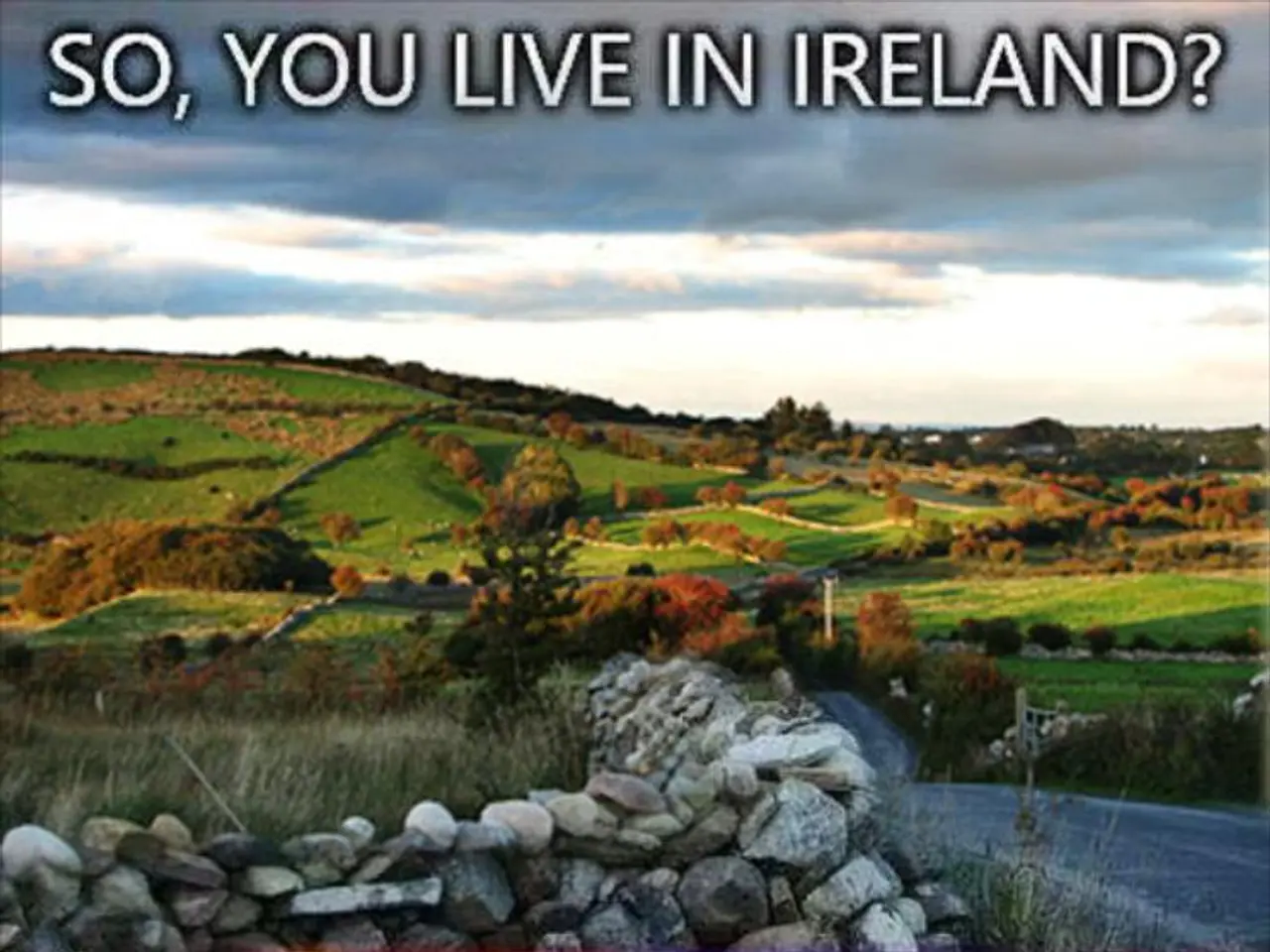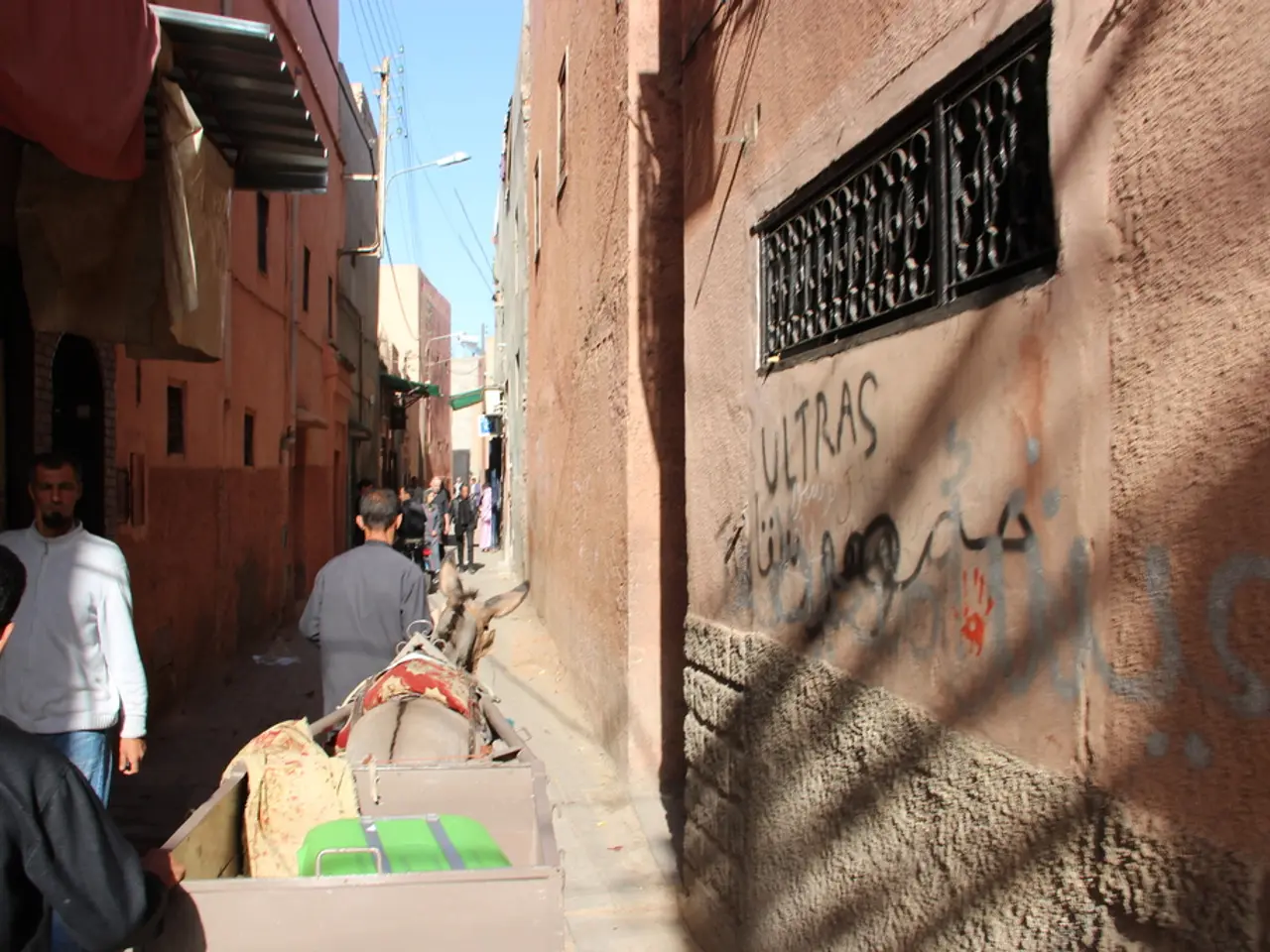Fires in France are currently being managed, yet the ongoing heatwave is predicted to escalate.
Mediterranean Wildfires Rage On: A Climate Change Conundrum
In recent weeks, wildfires have ravaged several countries around the Mediterranean, causing destruction, displacement, and loss of life. The fires in France, Greece, and Turkey have been particularly devastating, with each country grappling to contain the blazes and mitigate the damage.
Last month, a wildfire reached the southern port of Marseille, France's second-largest city, causing injuries to approximately 300 people. The fire has since claimed one life in the Aude wine country. Over 1,000 people have been displaced and are unable to return to their homes due to the ongoing danger and road blockages.
In Greece, a fast-moving wildfire forced evacuations southeast of Athens, approaching residential areas and being battled by firefighters against strong winds. At least 21 people were injured, including 16 firefighters. The fire has spread over more than 62 square miles over three days, destroying or damaging at least 36 homes.
The Mediterranean basin has seen multiple large fires this summer, with Greece and Turkey experiencing record wildfire activity. Scientists warn that climate change is exacerbating the frequency and intensity of heat and dryness in the region, making it more vulnerable to wildfires. The fires release significant amounts of carbon emissions, contributing further to climate change and creating a vicious cycle.
To combat the increasing size and frequency of Mediterranean wildfires, prevention measures are being emphasized. Improved fire detection and early warning systems, forest and land management, adaptation of policies to climate risks, public awareness and preparedness, and community resilience are all crucial components of a multi-faceted approach.
Monitoring wildfire risk through satellite data and ground-based systems allows for faster detection and response to new fires. Reducing fuel loads by controlled burns, clearing underbrush, and maintaining healthy forests can reduce fire intensity and spread. Governments in the Mediterranean are increasingly recognizing the need to address the climate-wildfire nexus through integrated risk management, sustainable land-use planning, and investment in firefighting capacities.
Education campaigns about wildfire risks and prevention are important, especially during extended and intense fire seasons. Residents have been warned not to return home without authorization, and many roads remain blocked and dangerous. Firefighting planes and helicopters have been deployed in Greece, with authorities blocking traffic in the area to allow fire engines through.
As the world continues to grapple with the challenges posed by climate change, the Mediterranean region serves as a stark reminder of the consequences of inaction. Preventing future disasters requires a concerted effort from governments, communities, and individuals alike. By working together, we can break the cycle of wildfires and build a more resilient and sustainable future.
Environmental science plays a crucial role in understanding the impact of climate change on the increased frequency and intensity of wildfires in the Mediterranean region. Accurate weather forecasting is essential for effective weather-forecasting and disaster management during wildfire seasons. Improved environmental-science research could provide insights into mitigating the effects of climate change on the region's weather and combating the vicious cycle of wildfire-induced carbon emissions.







